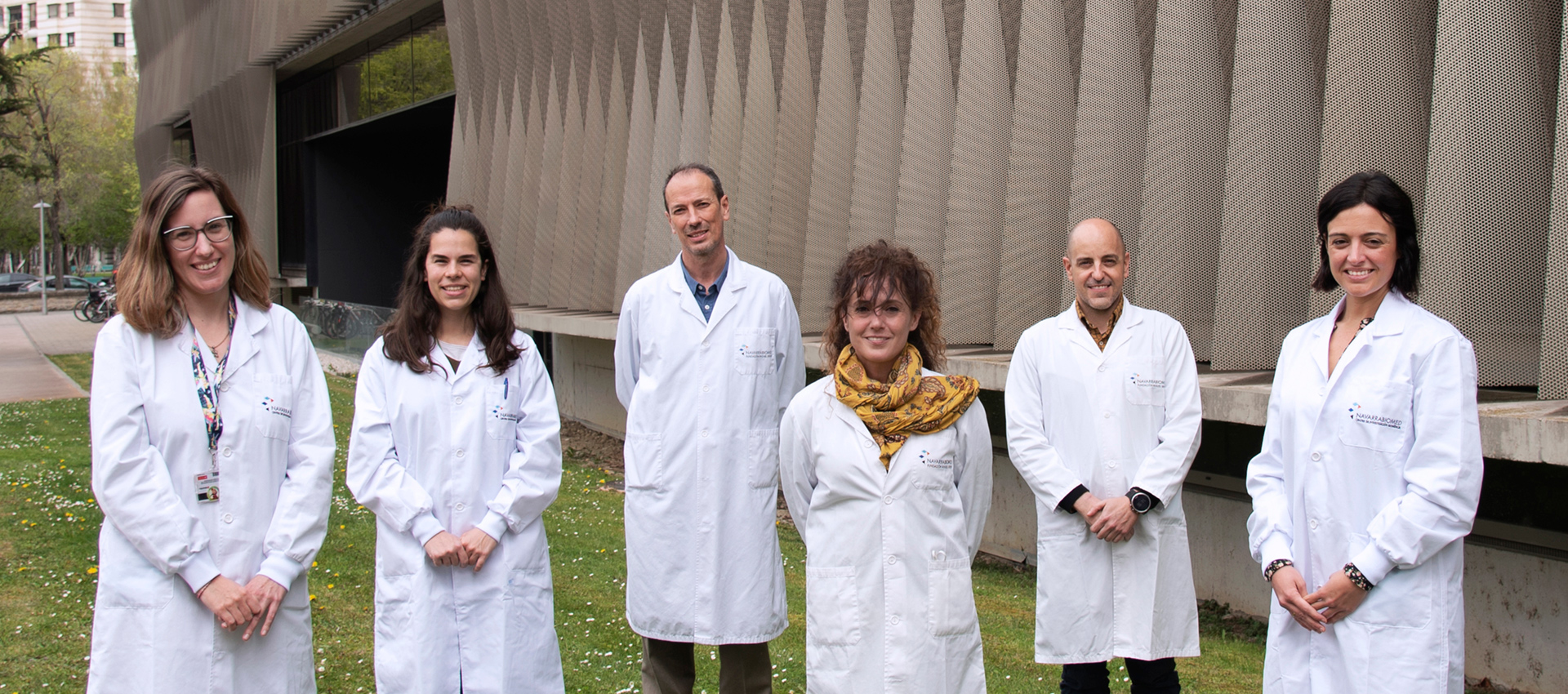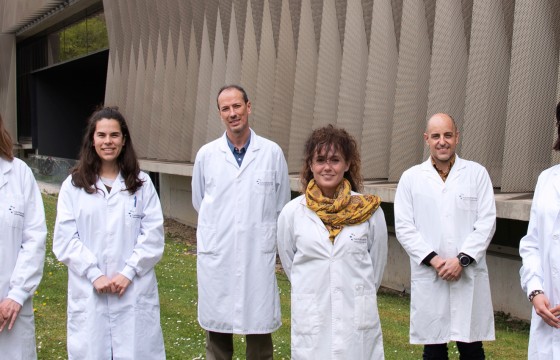
The HUN and Navarrabiomed participate in national research to advance the understanding of the genetic basis of autism
The IMPACT TEA program, promoted by the Carlos III Health Institute in the Strategic Health Action call, plans to recruit a total of 1,000 patients from 6 Autonomous Communities, including Navarra.
With the aim of fostering translational research and advancing the understanding of the genetic basis of autism, the Carlos III Health Institute (ISCIII) has promoted, within the framework of the National Strategy for Precision Medicine, the IMPACT TEA program, in which the University Hospital of Navarra and the Biomedical Research Centre of Navarra, Navarrabiomed, take part. The research is funded with 3 million within the Strategic Action in Health (AES) projects.
The study, which is entitled "Comprehensive study of genetic and molecular variation of Autism Spectrum Disorders”, has recently started and is led by the Gregorio Marañón Hospital from Madrid. In addition to the Navarrese entities, it has the participation of the Virgen de Arrixaca University Hospital from Murcia, the Virgen del Rocío Hospital of Sevilla, the Hospital Clinic of Barcelona and the University Complex of Santiago/Public Foundation for Genomic Medicine from Galicia.
It should be noted that tomorrow is the World Autism Awareness Day, which this year will address inclusive education in the context of the Sustainable Development Goals, specifically the 4th: ensure inclusive, equitable and quality education and promote lifelong learning opportunities for all.
Features of the research
Despite being a very common disease with a prevalence in Europe of 1 in 100 and that continues to increase thanks to better detection, the studies on autism carried out so far are inconclusive and their genetic bases are still unclear. Currently, clinical practice applies a standardized diagnostic protocol with multiple complementary tests, however, in a high percentage of children with ASD (around 70-80%) the cause of autism is not known.
The IMPACT TEA program aims to recruit a total of 1,000 children coming from 6 Autonomous Communities, a sample size that generates scientifically based knowledge transferable to clinical practice.
The aim of the study is to create genetic diagnostic algorithms that can be used for facilitating and speeding up decision-making in the healthcare process, incorporating a variety of diagnostic tests into the national health system, selected based on the foreseeable diagnostic performance for each patient on an individualized basis.
In Navarra, the project is formed by a multidisciplinary team composed of neuropaediatricians, psychiatrists and psychologists from the public health network of Navarra, and staff from the Genomic Medicine Unit of Navarrabiomed.
To carry out the research a sample of 160 patients under the age of 16 with ASD will be recruited from the neuropediatric consultations of the HUN, with suspected genetic basis associated with different comorbidities. Whole genome sequencing will be applied to all of them, a novel technique that allows sequencing the entire genome of the individual at once, obtaining information to better understand the genetic bases of this disease.
"The progress in research will allow us to move forward to avoid, for both the child and his or her family, an interminable amount of tests and interventions”, explains Nerea Gorría Redondo, neuropaediatrician of the HUN and Principal Investigator of the project, referring to the progress made by whole genome sequencing in rare diseases compared to the performance of complementary tests that are usually performed, including specific genetic tests guided by a clinical suspicion, often a trial and error process that can be prolonged in time without obtaining results.
“This type of analysis can help us to refine the genetic cause more precisely and earlier, thus impacting on the improvement of prognosis and the prevention of comorbidities”, concludes Gorría.
Towards precision personalized medicine
The IMPACT TEA study emerged from the NAGEN Pediatrics project, an initiative started in 2020 that, thanks to the application of whole genome sequencing, is making it possible to shorten diagnosis times in children with different genetic diseases that are difficult to diagnose (sometimes years) to 2-3 weeks, currently, in a significant percentage of cases.
In turn, NAGENPediatrics is part of the NAGEN program, which pursues the advancement in the knowledge and use of genomic analysis technology in the public health network of Navarra, together with NAGEN1000, PharmaNAGEN, NAGENMx and NAGENCOL. Led by Navarrabiomed, the NAGEN Program is supported by the Department of Economic and Business Development of the Government of Navarra, within the framework of the Smart Specialization Strategy (S4).


